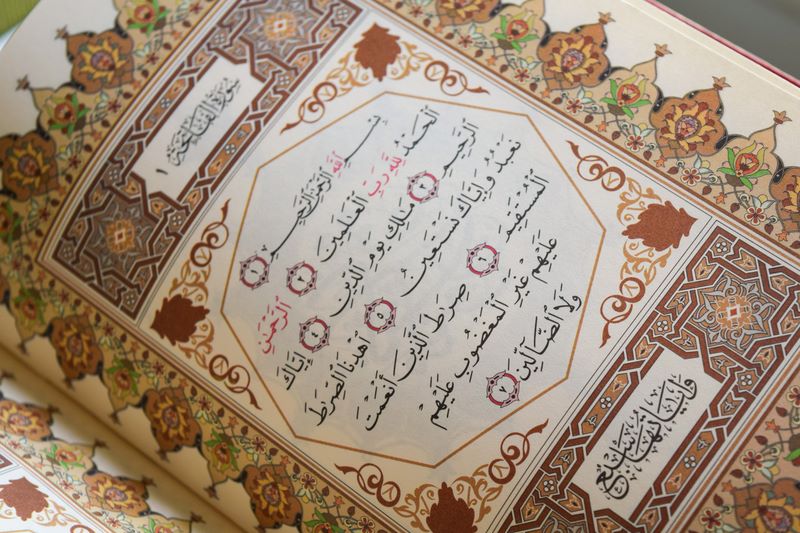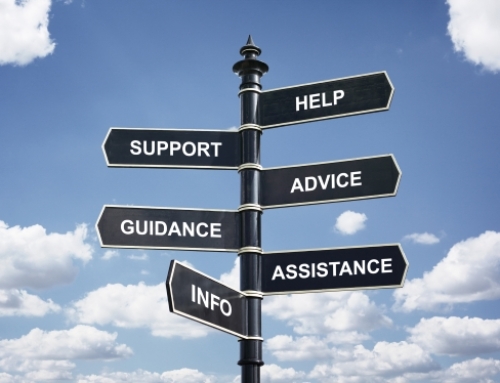Meena Malik
One of the most important spiritual practices for Muslims is continuously reading the Quran for guidance. The Quran is God’s words directed specifically to people and it contains the recipe for success in this life and the hereafter. Therefore, understanding the meaning of the Quran is crucial for all Muslims. While many may assume that learning Arabic is a requirement of being Muslim because the Quran is in Arabic–but this is false. Instead, every Muslim should be engaging with the Quran in their native language first and foremost to ensure that they have a chance to receive the messages the Quran is teaching.
Should Muslims Read the Quran in Arabic?
But should Muslims be engaging with the Quran in Arabic? The answer is yes and no. The reason why Muslims should read the Quran in Arabic is that the revelation of the Quran in its original form is in and of itself sacred and so is its recitation and memorization. However, outside of mandatory daily prayers, reading the Quran in Arabic is not a requirement for being a practicing, committed Muslim. If you are a convert and do not know how to read Arabic yet, this should not make you feel like you are less of a Muslim. The reason why Muslims should favor reading a translation of the Quran over the Arabic is so they can access the teachings of the Quran.
All Muslims need to understand what the words in the Quran mean, yet a majority of Muslims in the world today do not speak or understand Arabic! A key feature of the Quran is that it was revealed in Classical Arabic around 1400 years ago. Therefore, the Arabic found in the Quran is a bit different from the Arabic spoken worldwide today, similar to how English in Shakespeare’s plays differs from the English we speak today. As a result, many native Arabic speakers cannot fully grasp the meaning of the Quran when they read it, just like some of us may be unable to comprehend all of the lines in a Shakespearean play. But the great news for Muslims is that the Quran has been translated into hundreds of languages.
What about Performing the Five Daily Prayers in Arabic?
Muslims are required to perform five daily ritual prayers in their original Arabic form. A person can do this without learning to read or understand Arabic! To get started, find a copy of the words of the daily prayers which includes the Arabic, the transliteration of the Arabic into English letters (or whatever your native language is), and the translation of the meaning of the words. You can start by listening to a recording of the prayer in Arabic and reading along with the transliteration to start learning and memorizing the bare minimum to perform the daily prayers. The transliteration is a hack to approach Arabic because it presents the Arabic words in the alphabet of another language instead of the Arabic alphabet. Therefore, you can “read in Arabic” without learning an entirely new language! Next, work with a mentor at your local mosque to help you learn and memorize the prayers in a timely fashion. If you’re worried about how the sounds you make don’t match up well with what your mentor or the recording sounds like– do your best to work on it. However, do not worry about it being perfect, because doing your best in pronouncing the Arabic is the only requirement and that perfection is not crucial.
Getting Started with Reading the Quran in Arabic
Muslims who don’t know Arabic and are unable to comprehend it can adopt various ways to connect with the Quran in its genuine Arabic form. These methods may involve listening to Arabic recitation without understanding it, reciting Arabic phonetically without comprehending it, or reading Arabic text from the Quran and comprehending its meaning in Arabic. It is important to bear in mind that learning Arabic is a voluntary action that Muslims can pursue to achieve their spiritual satisfaction.
Here are two suggestions when it comes to approaching the Quran in Arabic:
- Listen to a recording of a chapter of the Quran in Arabic, even if you don’t understand any of its meaning. You will find that the sounds of a beautiful recitation will move your heart and spirit. To get even more out of it, read the translation as you listen, or find a recording with the Arabic recitation and the translation. This does not require being able to read or understand the Quran!
- If you want to read in Arabic, bismillah–go for it once you’ve learned the basics of daily Muslim worship. Start by looking at your local mosque or speaking with a trusted Muslim mentor to help you find a local teacher or an online program to get started in learning the Arabic alphabet and how to read the letters. Invest 5 or 10 minutes daily and understand that you’re trying to learn a different language! It will involve commitment and may even be difficult. However, you will find motivation around you when you realize how many Muslims you meet have learned to read the Quran in Arabic, even though they cannot understand a word!
- Once you’ve learned how to read the Quran in Arabic, you can start looking into learning the language itself to help you understand the Quran as you read or listen to it in Arabic. Remember, you’ll want to focus on Classical Arabic instead of Modern Standard Arabic! This ability is the highest level of achievement in interacting with the Quran in Arabic and many Muslims all over the world never get to this step.
How will you benefit from the Quran?
A Muslim’s connection to the Quran keeps their faith alive. Finding meaningful and productive ways to interact with the Quran is a goal for every Muslim. Prioritizing understanding the meaning and engaging with the teachings of the Quran is much more important than learning how to read or understand the Quran in Arabic. Eventually learning how to read and recite the Quran in Arabic is a long-term goal Muslims may consider working towards.
Want to know more? Call 877-WhyIslam or visit whyislam.org. You deserve to know!








